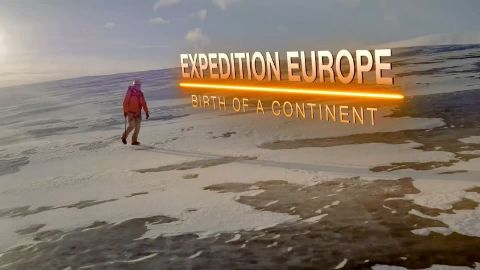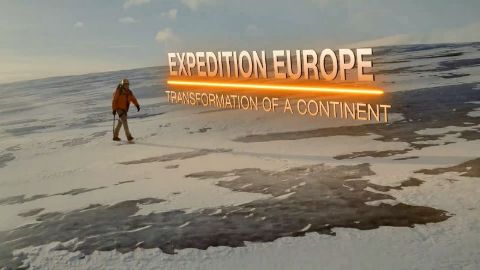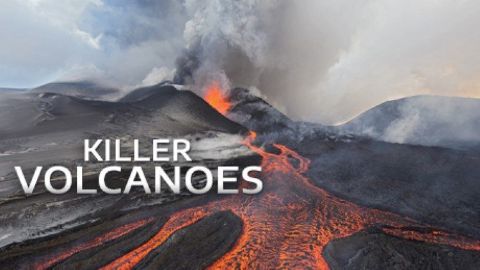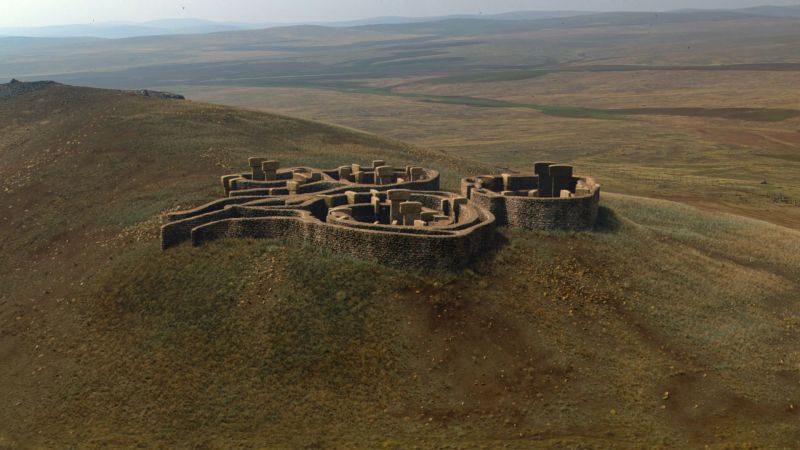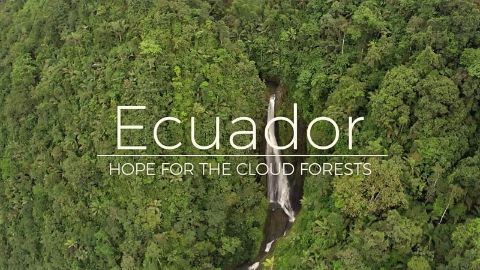Birth of a Continent • 2019 • episode "S1E1" • Expedition Europe
We start at the oldest cliffs of the palaeocontinent Baltica in the Extreme North of Russia atop an ancient mountain now covered in water. From the Urals in the east to the forgotten Tabernas Desert in the west, volcanic landscapes with plants from every climate zone, dolphins and whales will amaze.
Make a donation
Buy a brother a hot coffee? Or a cold beer?
Hope you're finding these documentaries fascinating and eye-opening. It's just me, working hard behind the scenes to bring you this enriching content.
Running and maintaining a website like this takes time and resources. That's why I'm reaching out to you. If you appreciate what I do and would like to support my efforts, would you consider "buying me a coffee"?
Donation addresses
BTC: bc1q8ldskxh4x9qnddhcrgcun8rtvddeldm2a07r2v
ETH: 0x5CCAAA1afc5c5D814129d99277dDb5A979672116
With your donation through , you can show your appreciation and help me keep this project going. Every contribution, no matter how small, makes a significant impact. It goes directly towards covering server costs.
